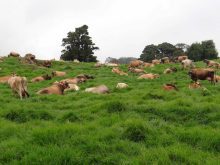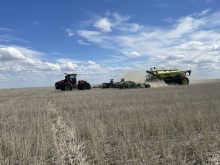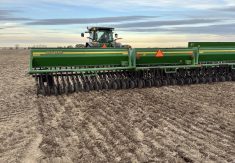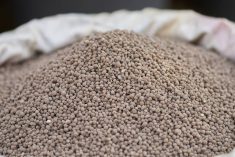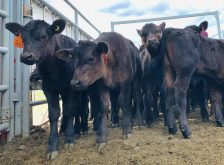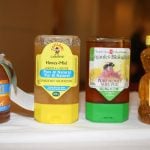Inhumane treatment isn’t the norm on egg farms in Alberta, says a Stony Plain-area egg farmer in the wake of an undercover video scandal that has shocked consumers and producers alike.
“(The video) was disturbing and certainly not very representative of what happens on egg farms here in Alberta or even across Canada,” said Susan Schafers, who is also a director on the Egg Farmers of Alberta board.
The CTV program “W5” aired a documentary last month showing secretly filmed footage of two Alberta egg farms taken by animal welfare group Mercy for Animals Canada. The video shows crowded conditions, rough handling of chicks, and severe damage to plumage. Following the release of the video, Egg Farmers of Alberta formed an investigative team to address the issues at KuKu Farms and Creekside Grove Farms, both located near Edmonton.
Read Also
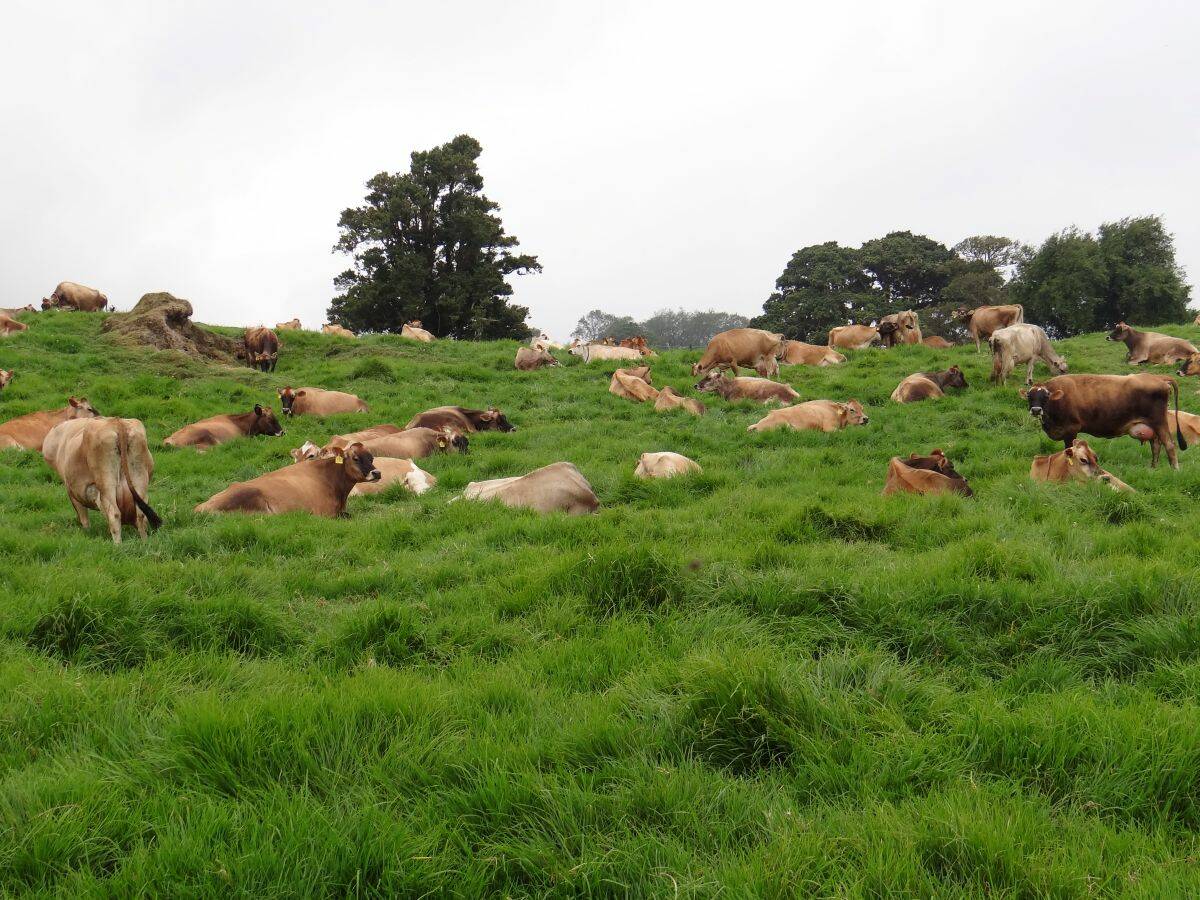
Is inflammation the real cause of milk fever in cattle?
UAlberta researcher Burim Ametaj’s theory challenges 200 hundred years of science and his work may change the approach for treatment.
“The producer that was affected was very dismayed by what actually happened on his farm,” Schafers said. “He has been so co-operative and so compliant. He has made all the changes necessary.”
Ed Pajor, professor of animal welfare at the University of Calgary, agreed the practices seen on the video are not normal.
“For the most part, I think what we saw was examples of some of the worst-case scenarios rather than what might be considered typical,” he said.
“There are challenges involved with working with biological systems, and although producers do their best to address some of those, when you have hundreds of thousands of animals, you’re going to have problems that arise.”
Proper management practices play an important role in preventing those problems, said Schafers.
“It doesn’t matter what kind of housing system you have, if you don’t have good management on the farm, you could always run into problems.”
On Schafers’ farm, the barns are checked three to four times a day for air and water quality, temperature levels, and cleanliness. Every cage is inspected to ensure that all the birds are alive and well, and if a bird is sick or injured, it’s separated from the flock to recuperate safely.
Generally, those same processes are followed on the average Alberta egg farm, but as with any routine, complacency can become a risk, said Schafers.
“There’s so many different things that you have to do on a daily basis,” she said. “It does become routine, and often, you need a bit of a refresher on how you have to do that.”
Right now, Egg Farmers of Alberta has a voluntary animal care program, with yearly audits, that has 100 per cent producer participation. But new measures are being considered, including a shift toward enriched egg-laying cages. Earlier this year, the organization approved a resolution to begin the transition away from conventional cages. So far, producers seem to be embracing the change.
“We have close to 20 per cent of producers in the province who already have alternate housing styles other than the conventional cage,” said Schafers, adding no conventional systems have been installed since 2012. “We do recognize that conventional cages have some limitations.”
It’s a good move, said Pajor.
“There is lots of evidence that the enriched cages are better for the welfare of the birds,” he said.
The egg industry’s new codes of practice should also reduce some welfare concerns.
“The new codes of practice that are being developed, which will have specific recommendations and requirements in them, will really be aimed at addressing some of the major issues,” he said.
Even so, enforcing the voluntary codes will be difficult without further work by the egg industry.
“We’re looking at developing an animal care assessment framework, a way of assessing animal welfare on the farm,” said Pajor. “It’s that next step that’s going to be necessary in order to demonstrate that producers are actually following the practices that are out there.”


